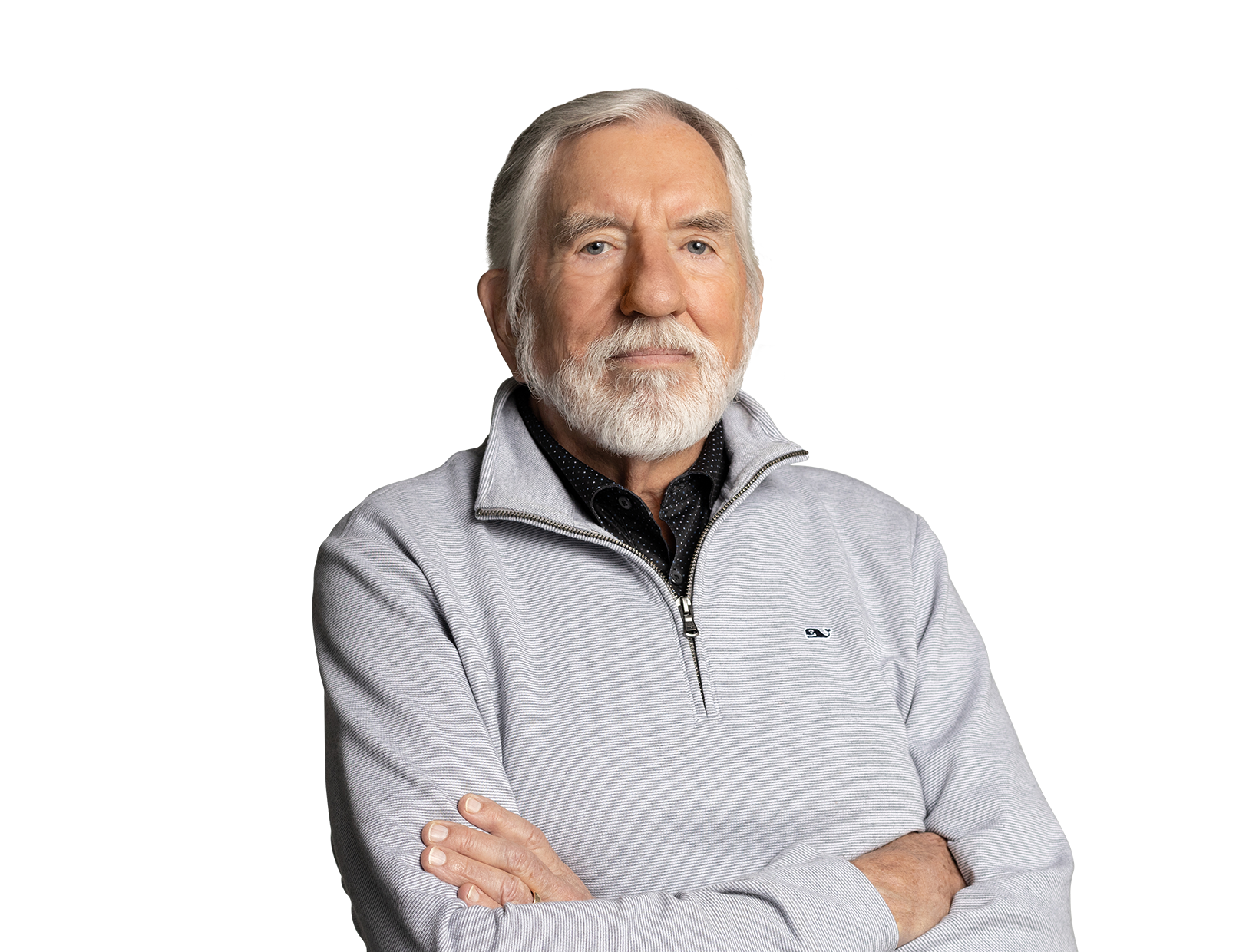Blog
The First Amendment Does Not Protect All Off-Label Drug Promotion
Fish & Richardson
Authors
-
- Name
- Person title
- Senior Principal

Authors: Terry G. Mahn, Gina Nellesen
FDA is considering making off-label promotion easier, consistent with recent case law. The drug and biologics industry is also proposing an ease up of FDA regulation, which would allow it to "responsibly" promote new drug uses to physicians.
Speech in the aid of pharmaceutical marketing has been held to be a form of expression protected by the First Amendment. In United States v. Caronia, 703 F.3d 149 (2d Cir. 2012), the court found that freedom of speech shielded a pharmaceutical marketer from prosecution for promoting off-label indications of a drug to physicians. In Sorrell v. IMS Health Inc., 564 U.S. 552, 580 (2011), the Supreme Court held that the sale of pharmacy records to target drug marketing is a form of protected commercial expression.
Yet commercial speech is only protected by the First Amendment if it concerns a lawful activity and is not untruthful or deceptive. Central Hudson v. Pub. Serv. Comm'n of N.Y., 447 U.S. 557, 562 (1980). And, not all off-label promotion is the same. One form of off-label promotion involves communicating to physicians non-misleading, scientifically valid clinical study information, which is not on the prescribing label. Here, knowing both the established and emerging information about available medications can assist physicians in exercising sound medical judgment. Thus, certain information sharing about off-label drug use can help physicians understand the full range of treatment options, and is likely to be considered a form of protected expression.
There is another kind of off-label promotion. It does not invoke the First Amendment and centers around patent protection and FDA authorization.
When generic companies do not obtain "a right of reference or use" from the brand and seek to a void a method of use patent claiming the drug, they can enter the market by filing an abbreviated new drug application (ANDA) with a so-called section viii statement that "carves out" the patent protected use from the prescribing label. In this way, certain treatment methods or indications are specifically unapproved as a condition of marketing authorization. The generic is then commercialized with a redacted or "skinny" label as compared to the brand. A condition for approval is the agreement with the agency that the carved-out information will not be promoted. This is the agreement on which the generic drug manufacturer obtains its lawful right to market.
In effect, however, once on the market, skinny labeled generics are almost always dispensed as fully substitutable for the brand drug. An unintended consequence is that many consumers are prescribed a "skinny labeled" generic, consume it for a redacted use, and unknowingly infringe a brand name method patent.
FDA must be careful that its foray into off-label promotion does not mislead companies into believing that the First Amendment will protect all off-label speech. Patent holders retain rights conferred by their innovations that can limit commercial speech and information sharing about off-label uses. Speech-based promotion of generic drugs for uses that were specifically redacted from the label in order to avoid patent infringement is not protected under the First Amendment.
As FDA develops guidelines in this area, it must preserve the distinction between these two types of off-label promotion. While the First Amendment may protect the promotion of truthful, emerging information about new drug uses, it does not give license to promote methods of use that are covered by a competitor's patents that were specifically taken off-label as a condition of marketing approval.
The opinions expressed are those of the authors on the date noted above and do not necessarily reflect the views of Fish & Richardson P.C., any other of its lawyers, its clients, or any of its or their respective affiliates. This post is for general information purposes only and is not intended to be and should not be taken as legal advice. No attorney-client relationship is formed.